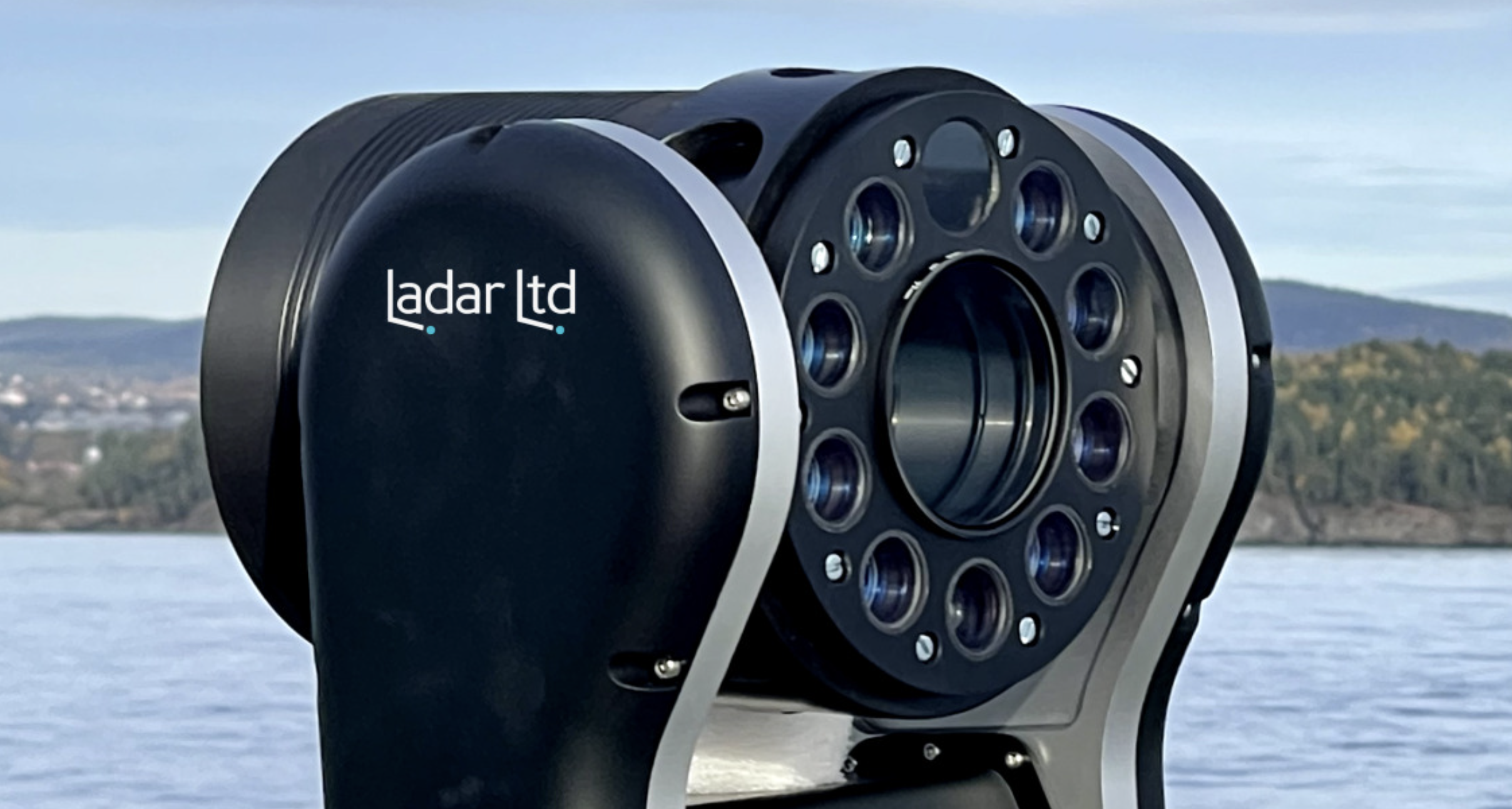The maritime security umbrella oversees several domains, including the marine environment, national security, and human security. International geopolitical developments in recent years have made maritime security a priority for the EU as well as other nation states, particularly where it relates to offshore energy projects, transiting commercial shipping, nuclear and conventional power plants, LNG/FSRU terminals and other critical national infrastructure. This is likely due to the increasing need for surveillance in congested areas which are vulnerable to illegal trafficking of narcotics (or other dangerous contraband), and protection of key infrastructure critical to the functioning of national and international economies. As criminal, terrorist and espionage activity becomes more technologically advanced in the maritime space, it is possible that conventional police and border security resources may not be adequate in addressing these emerging challenges. This security deficit can result in highly disruptive attacks, such as the 2022 Nord Stream Gas Pipeline incident, which the Swedish Security Service attributed to “gross sabotage”. The incident was a major blow to European energy security, particularly in the winter of 2022 when rising gas prices were already taking a toll on the continent’s economies.

To address this challenge, Ladar Ltd has explored opportunities in the maritime security sector, specifically in relation to surveillance. Due to the pressing geopolitical context, Ladar is already in dialogue with several established companies to determine how its innovative solution (Ladar Sensor Suite™), can improve on detection and remote sensing in a variety of environments, such as ports and around critical maritime infrastructure.
The Ladar Sensor Suite™ is a smart system enabling real-time and highly accurate monitoring of the ocean surface layer and the water column. The system uses sensor-based data and presents a visual consolidation of feeds for swift decision-making. It comes equipped with a user-friendly dashboard, enabling port operators and law enforcement to assess the “security awareness” situation in a particular area with other security features of the object detection potential the Ladar Sensor Suite™ has.

While initially developed to aid in shipping and navigation activities, CEO Jorgen Grindevoll of Ladar Ltd says “the Ladar Sensor Suite™ is capable of playing a larger role in maritime surveillance and security”. Grindevoll also highlights that the demand for security features in the remote sensing domain has happened sooner than expected and Ladar Ltd is now ready to address a parallel market gap: in security and as an aid to navigation (remote operated and autonomous ships in the future).
The Ladar Sensor Suite™ can be adapted to form part of a complete surveillance and security solution using surface and underwater sensor networks which are integrated on fixed platforms. It can also be mounted on autonomous underwater vehicles (AUVs) to provide wider coverage on regions and critical maritime infrastructure at ports. Such an approach pushes the envelope on the current ‘state-of-the-art” in underwater security by combining autonomous and semi-autonomous underwater surveillance systems and AI technology, creating a novel surveillance service module for sensor data processing and unique sensor fusions, AI based threat detection technology, Near-Real-Time data communication and Ladar-AI sensor technology.
Ladar Ltd (together with Offshore Monitoring Ltd and Global Maritime Services Ltd in the MARINA project), has established contact with various governmental bodies regarding the uptake of their Ladar Sensor Suite™ system, improving security in and around critical energy infrastructure in ports and coastal areas.
This level of surveillance technology as applied to security solutions can go a long way in protecting critical national infrastructure, ensuring smooth energy and trade transit where disruption in these activities result in a tremendous burden on the global economy. Grindevoll further highlights that: “Once this system is in the hands of trained authorities or port operators, it is capable of providing comprehensive coverage and protection of ports and maritime/critical energy infrastructure such as FSRUs (floating storage and re-gasification units), sending an alert to the Command-and-Control centre or notifying authorities to further investigate.”
Ladar Ltd’s cutting-edge Ladar/Lidar sensor (primarily designed to aid in navigation), is equally appropriate for addressing security concerns within the current EU context. This extra-maritime applicability (piracy, espionage, terrorism and sabotage) indicates that Sensor Suite’s dynamic and broad suite of use cases aligns with contemporary geopolitical challenges.

